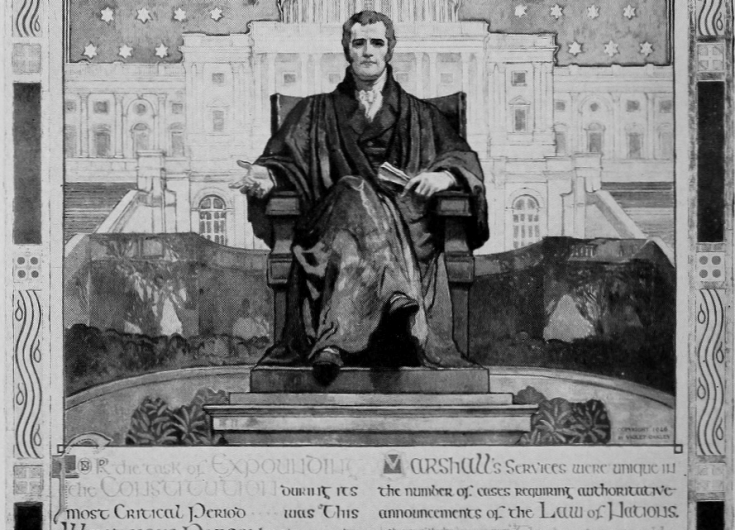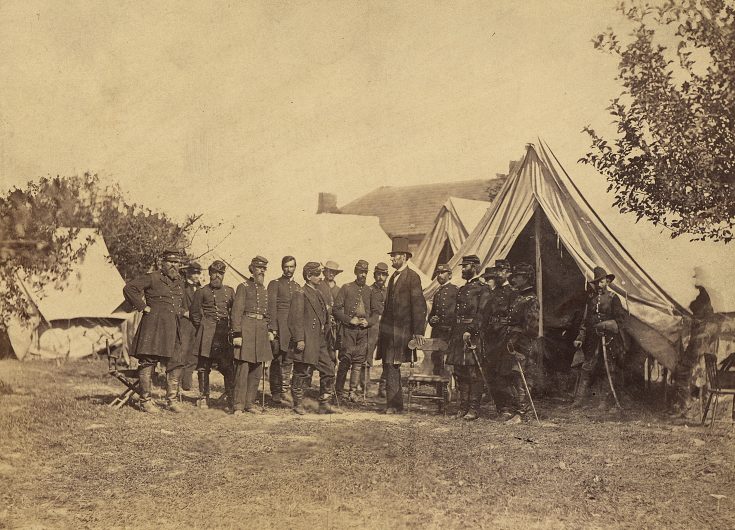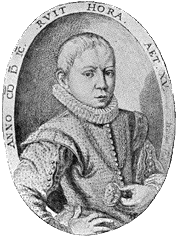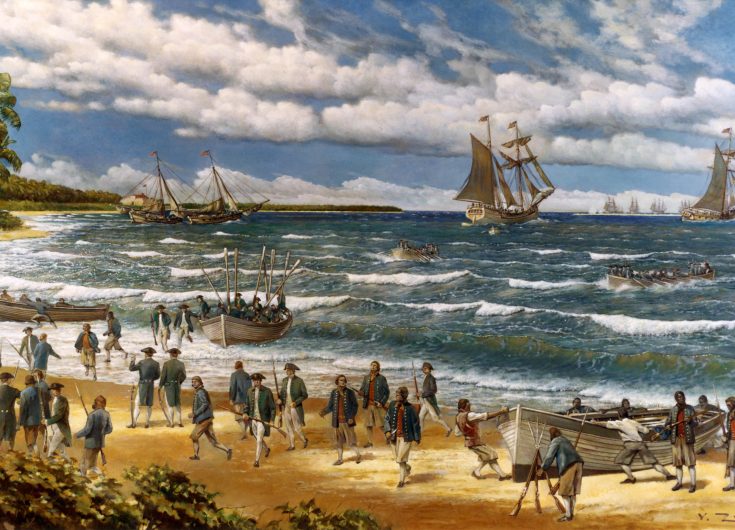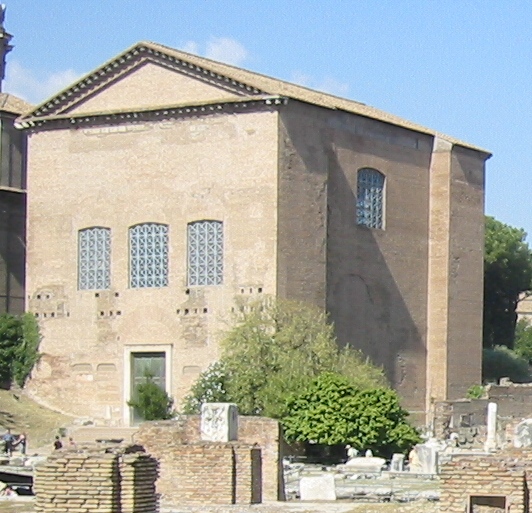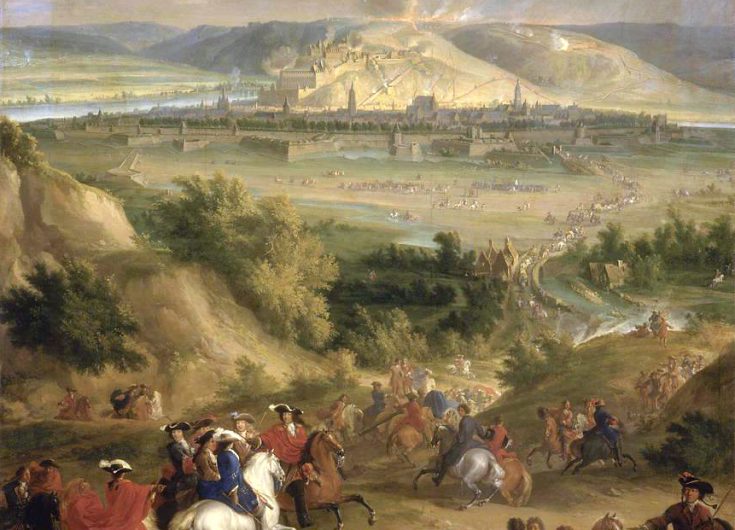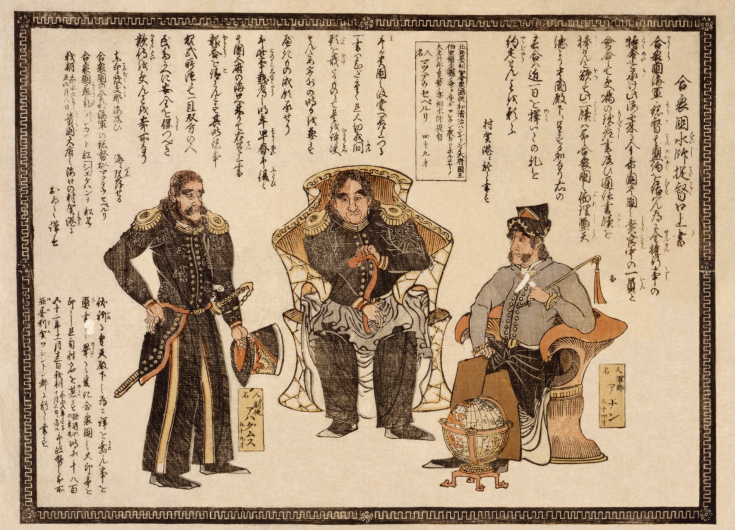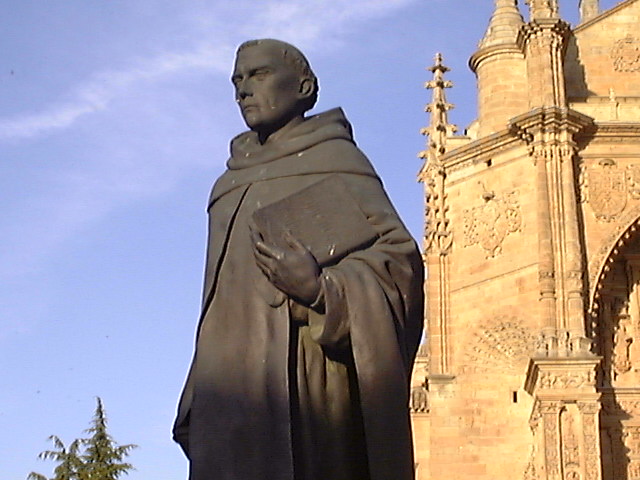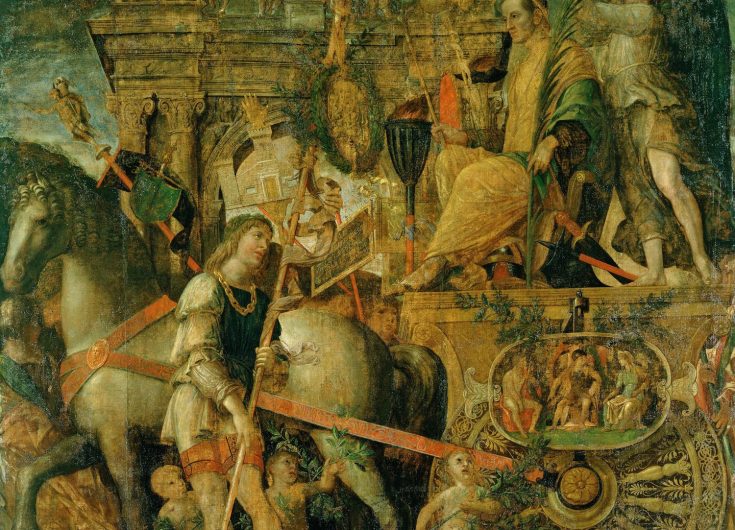

Julius Caesar, Commentarii de bello Gallico (mid-1st Century BC)
There is some disagreement as to the character of De bello Gallico. Consisting of seven books by Caesar himself, it is completed in an eighth book by one of his generals, Aulus Hirtius. It has been suggested that they are something like battle-reports given to the Senate. Others have claimed that the books are nothing other than Caesar’s attempt to increase his popularity with the people.


